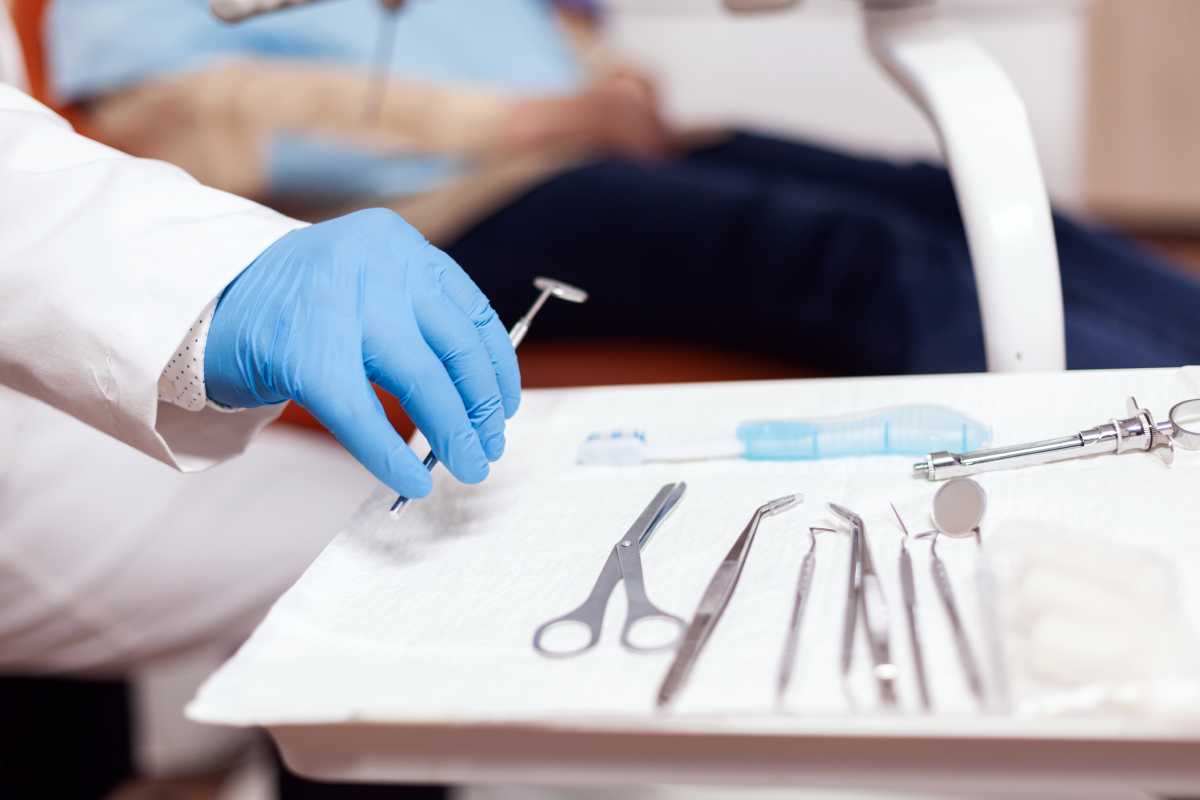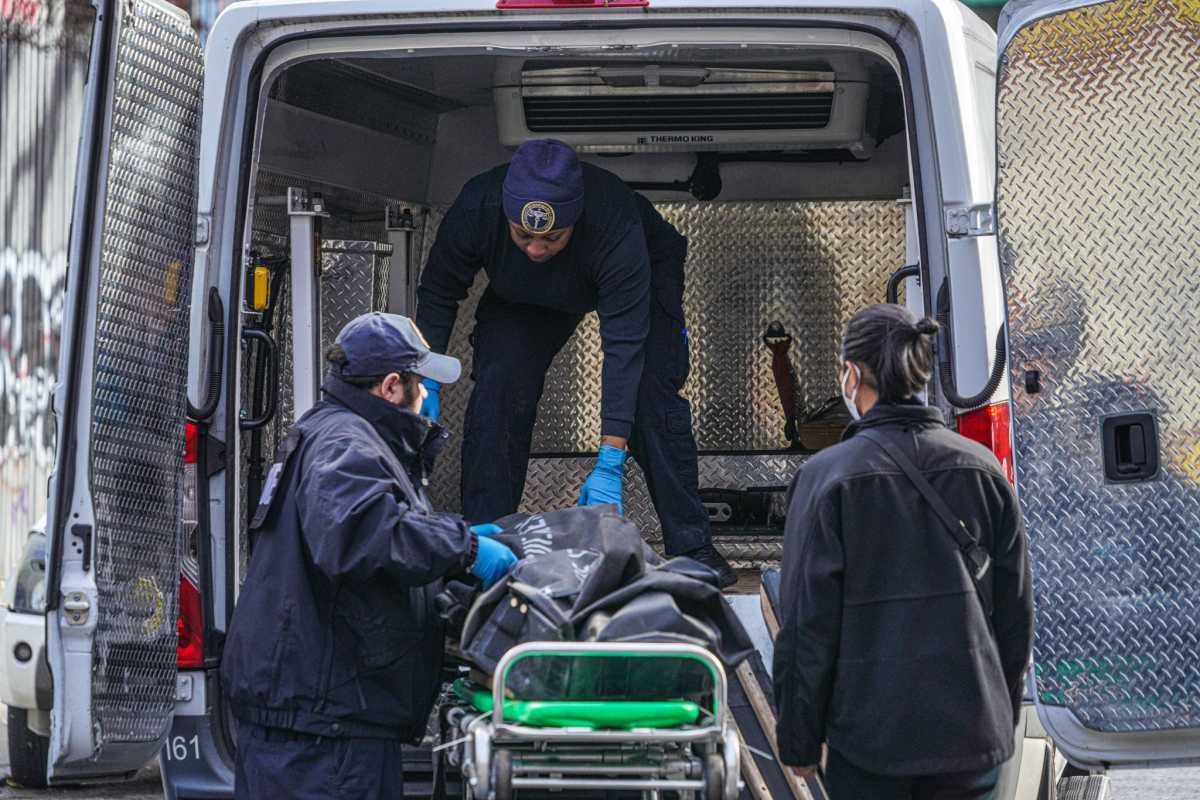According to Epilepsy.com, the number of people in the U.S. with epilepsy ranges from 1.3 million to 2.8 million, or 5 to 8.4 for every 1,000 people. We spoke to Dr. Kyusang S. Lee, associate director of the epilepsy program and clinical neurophysiology and co-director of the epilepsy monitoring unit at Mount Sinai Downtown, Union Square, to learn more about the condition, and how to best manage navigating New York City if you or someone you love has epilepsy.
What is epilepsy?
Epilepsy is a neurological condition defined as having at least two unprovoked seizures more than 24 hours apart, or one unprovoked seizure with a high probability (at least 60%) of having another over the next 10 years. A seizure is a burst of abnormal electrical activity in the brain that can cause changes in consciousness, sensation, movement, or behavior.
Are there degrees of the condition(more/less severe)?
Yes. Some people may have epilepsy that is more difficult to control. Fortunately, the majority of people with epilepsy are well-controlled with medications.
Is it something that you are born with, or something that can come on later in age?
One can develop epilepsy at any age, although the risk is highest in young children and in adults over 60. Common causes include genetics, brain malformations or metabolic disorders in young children and prior head trauma, stroke, brain tumor or brain infection in adults. In some cases, the cause remains unknown.
How is it treated/controlled?
The mainstay of treatment is anti-seizure medications. Currently, there are many medications available for the treatment of epilepsy. If they do not fully control one’s seizures, then there are other treatment options including epilepsy surgery, vagus nerve stimulation, responsive neurostimulation, the ketogenic diet, and investigational drugs. Lifestyle can have an effect on one’s epilepsy, so it is important to take the anti-seizure medication regularly, get an adequate amount of sleep, and avoid substance abuse.
What are some resources in NYC for people with epilepsy?
Major medical systems, including the Mount Sinai Health System, have dedicated epilepsy centers that provide comprehensive management of epilepsy. In addition, the Epilepsy Foundation of Metropolitan New York provides epilepsy education and advocacy combined with services such as counseling and vocational supports.
What are the restrictions around driving with epilepsy? Are you prohibited from driving entirely?
In New York, one is not allowed to drive until he or she has been seizure-free for at least one year. Exceptions can be made at the discretion of the DMV under certain circumstances.
If you have epilepsy, what do you need to know to stay safe in the city?
Seizures can lead to accidents and injuries. So obviously the best way to stay safe is to not have any seizures. Taking one’s anti-seizure medication faithfully, avoiding behaviors that can increase the risk of having a seizure, and seeking other treatment options if medications do not control your seizures are all very important.
If you are still experiencing seizures, it is best to avoid situations where having a seizure can place you at serious risk. These include driving before being cleared by the DMV, standing at the edge of a subway platform or at the curb of a traffic intersection, swimming without a lifeguard or buddy and working on a ladder or unprotected heights. Ultimately, common sense is the best guide.





















